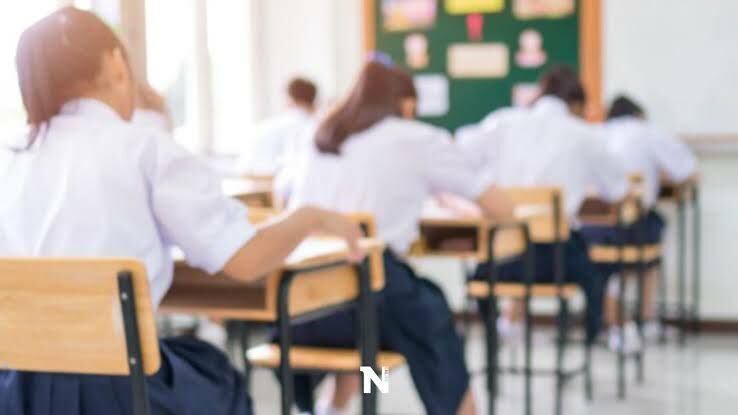Thai students’ performance dips in PISA rankings, calls for educational reform

Fifteen year old Thai students faced a significant setback in their performance in maths, science, and reading, according to the recent rankings by the Programme for International Student Assessment (PISA). The Organisation for Economic Co-operation and Development, which conducted the assessment, revealed that these students scored 394 in maths, a sharp fall from 419 in the previous year.
A similar decline was noted in science, where they scored 409 compared to the preceding year’s 426, and in reading, where the score dropped from 393 to 379.
The comprehensive evaluation spanned 81 countries, where Thai students found themselves in the 58th position in maths and science and a lower 64th rank in reading. The decline in performance over the last decade or two was pointed out by Parit Wacharasindhu, a member of the Move Forward Party list. Parit stressed that these results should act as a wake-up call, indicating that the Thai education system is at a critical juncture, reported Sanook.
The PISA rankings provide an insightful look into the performance of Thai students in comparison to their global peers. The recent scores highlight the need for urgent attention and reform in the Thai education system to improve the standard of education and help students achieve their full potential.
In related news, the Equitable Education Fund (EEF) urged the Thai government to bolster investments in human capital to enhance the lives of students belonging to low-income families and curtail educational inequality.
The call was made at the annual Equity Forum, held at the Bangkok Art and Culture Centre, to deliberate on the significance of such investments in addressing educational disparities.
Kraiyos Patrawart, the EEF’s managing director, shared an annual report on educational inequality at the event. The report indicated that Thailand is still grappling with the reverberations of the Covid-19 pandemic.
Inflation is further exacerbating educational inequality, predominantly in terms of living costs associated with education, such as travel and food expenses. To read more click HERE
Latest Thailand News
Follow The Thaiger on Google News:


























